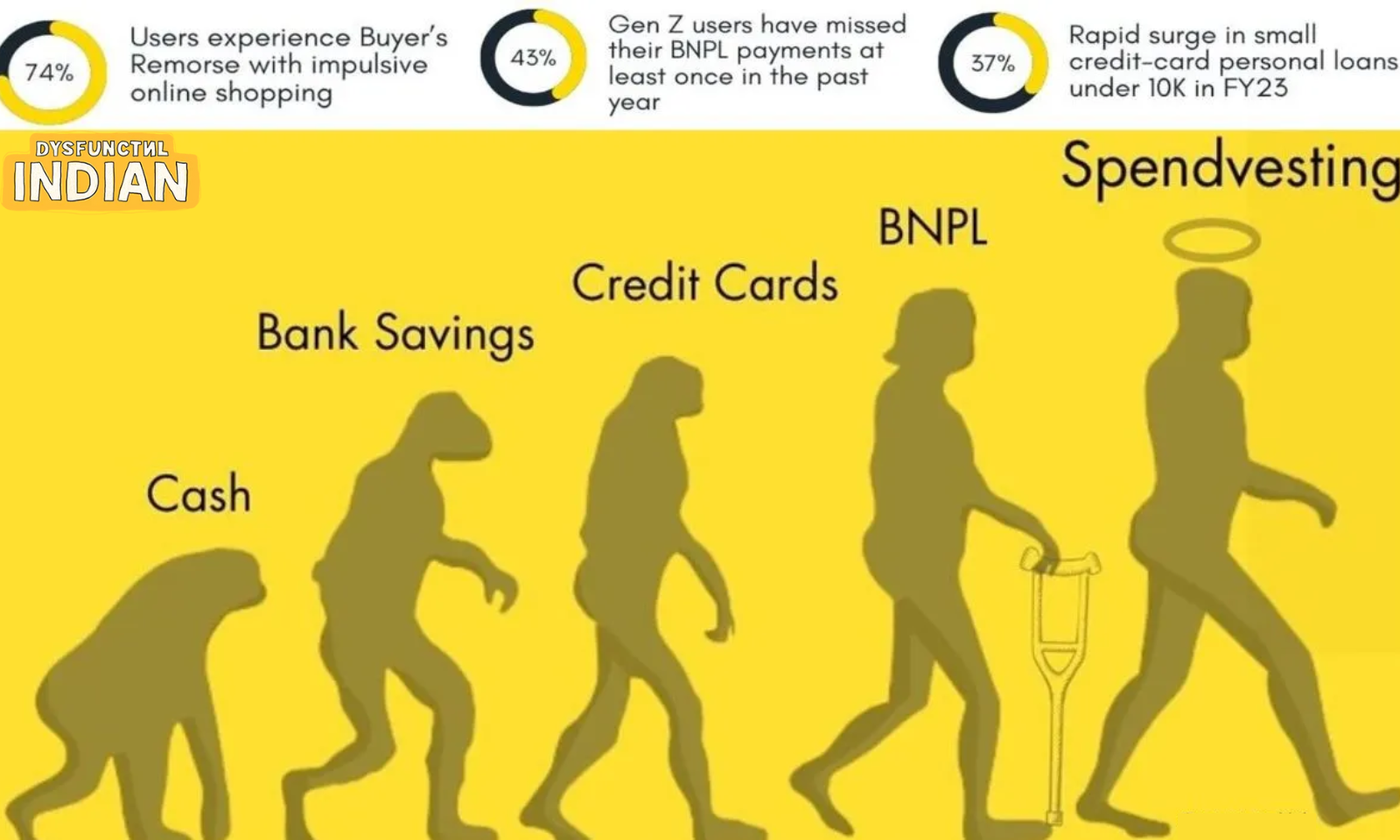The Man Who Loved Children
Posted by admin on 2024-11-14 |

Children's Day, celebrated on November 14th each year in India, holds a special place in the hearts of millions. This day is not only a tribute to children and their boundless energy, innocence, and potential but also a celebration of Jawaharlal Nehru’s legacy, who was affectionately known as "Chacha Nehru." Nehru, India’s first Prime Minister, was born on this day in 1889. His love for children and his vision for their bright future made November 14th synonymous with Children’s Day in India.
Why Nehru Loved Children
Jawaharlal Nehru believed that children were the real strength of a nation and the foundation of society. He once said, "The children of today will make the India of tomorrow. The way we bring them up will determine the future of the country." For Nehru, children embodied hope, progress, and a promise of a better tomorrow.
Unlike the stern image often associated with political leaders, Nehru had a softer side, especially when it came to children. He was often seen surrounded by them, engaging in playful banter. His writings and speeches were peppered with references to how deeply he cared about nurturing young minds.
Interestingly, Nehru's connection with children wasn’t just symbolic. His policies, such as the establishment of premier educational institutions like the Indian Institutes of Technology (IITs) and the Indian Institutes of Management (IIMs), were aimed at building a strong foundation for young Indians. These initiatives still shape the lives of millions today.
The Shift from Universal Children's Day
Globally, Children’s Day is celebrated on November 20th as declared by the United Nations to promote child welfare worldwide. However, in India, the date was moved to November 14th in 1964 after Nehru’s passing to honor his contributions to the nation and his enduring affection for children.
This decision not only immortalized Nehru’s legacy but also gave India a unique identity in celebrating its children. The day emphasizes the importance of education, health, and well-being, echoing Nehru’s vision for a progressive, child-centric India.
Nehru’s Childhood
Nehru himself had a privileged upbringing. Born into a wealthy Kashmiri Brahmin family in Allahabad (now Prayagraj), he was homeschooled under private tutors before pursuing his education in England at Harrow and later at Trinity College, Cambridge. Despite his elite upbringing, Nehru’s vision for India was deeply inclusive. He believed every child deserved access to quality education and opportunities, regardless of their socioeconomic background.
Celebrating Children’s Day: From Fun to Awareness
Children’s Day in India is celebrated with great enthusiasm across schools and communities. Cultural programs, sports events, and special activities are organized to make children feel special. However, beneath the fun and festivities lies a crucial message—highlighting the importance of child rights, education, and well-being.
Despite strides in child welfare, India continues to grapple with challenges like child labor, malnutrition, and lack of access to quality education. According to a report by UNICEF, India is home to over 30% of the world’s stunted children due to malnutrition. On Children’s Day, these issues take center stage, urging governments, NGOs, and citizens to step up efforts in addressing them.
Lesser-Known Facts About Nehru
Nehru’s Pen Name: Few know that Nehru occasionally wrote under the pseudonym "Chanakya" for The National Herald, a newspaper he founded.
Fondness for Roses: Nehru’s love for roses is well-documented. He often wore a fresh red rose on his coat. For him, it symbolized love, beauty, and the fragility of life—qualities he saw reflected in children.
Letters to Indira Gandhi: Nehru’s collection of letters to his daughter, later published as Letters from a Father to His Daughter, revealed his deep insights and efforts to nurture curiosity and intellect in young minds.
The Contemporary Relevance of Nehru’s Vision
As India marches forward as a global powerhouse, the essence of Children’s Day reminds us of the work that still needs to be done for our younger generation. The growing emphasis on skill-based education, mental health awareness, and digital literacy reflects a modern interpretation of Nehru’s ideas.
Moreover, in an era where childhood is often rushed due to academic pressures and societal expectations, Children’s Day serves as a gentle reminder to let kids be kids. Play, creativity, and free thought are just as essential as structured education.









